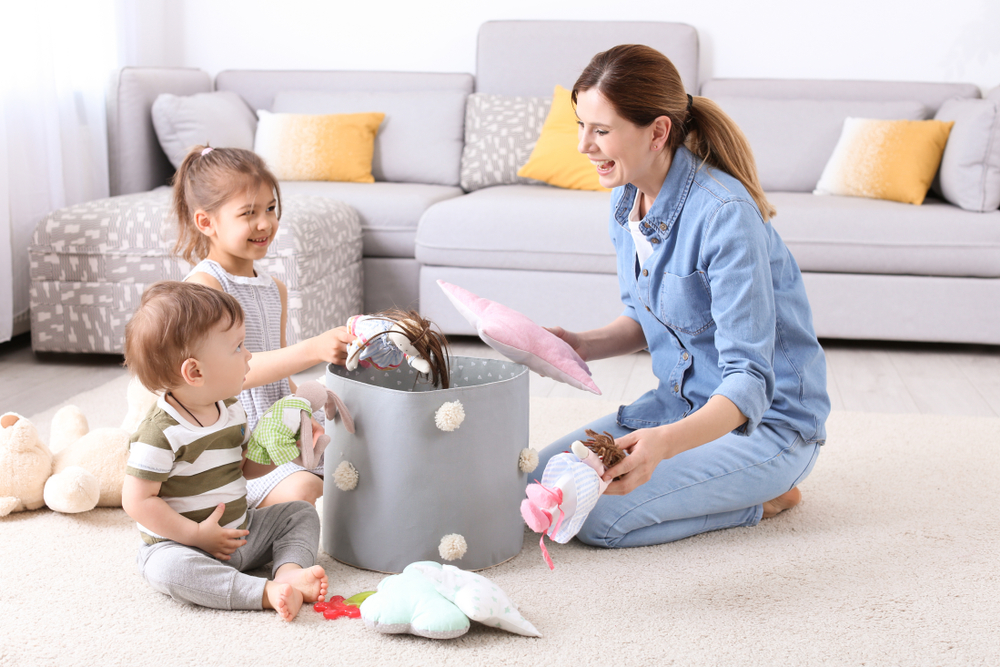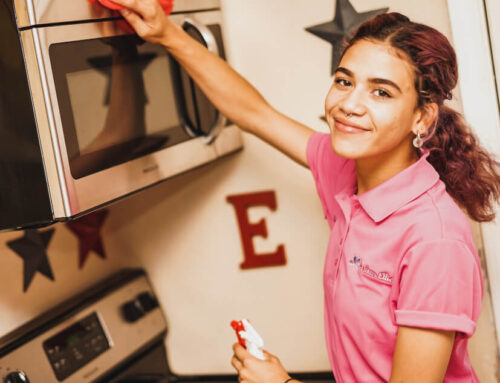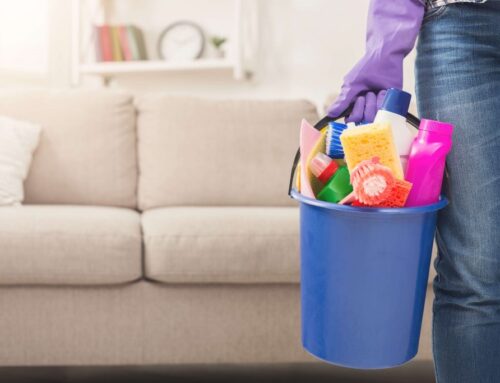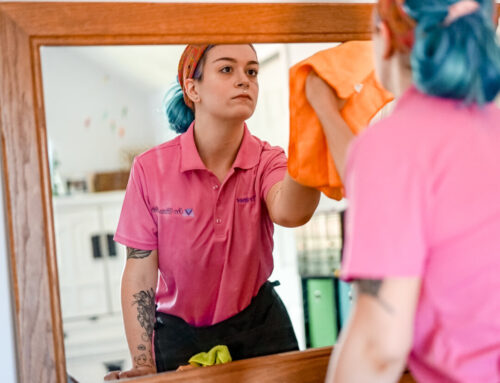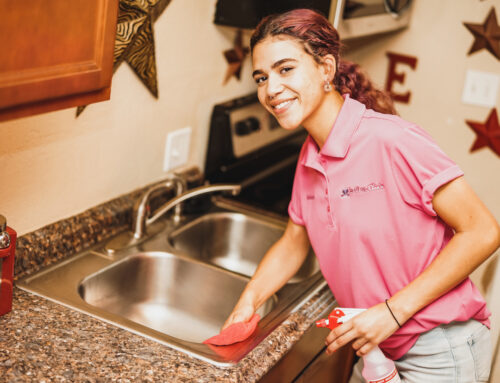Cleaning the house may seem like a mundane task, but it can actually become a valuable opportunity to teach children important life skills and foster a sense of responsibility from an early age! By involving kids in household cleaning, parents and guardians can instill valuable qualities such as accountability, teamwork, and independence. We will explore effective strategies and age-appropriate tasks to engage children in cleaning activities, turning a chore into a meaningful learning experience!
Maintaining a clean and organized home is not only essential for physical well-being but also contributes to a positive and harmonious family environment. By involving children in the cleaning process, parents can impart valuable life skills while instilling a sense of responsibility and contribution to the household.
Age-Appropriate Tasks for Young Children
For toddlers and preschoolers, it’s important to introduce cleaning tasks that are simple, achievable, and enjoyable. These can include tidying up toys, dusting with a feather duster, or wiping surfaces with a damp cloth. By assigning these tasks, parents can encourage participation and create a positive experience around cleaning.
Engaging School-Age Children in Cleaning
As children grow older, their capabilities increase, allowing for more significant contributions to the household cleaning routine. Parents can assign specific chores such as making their beds, setting the table, or sorting laundry. It’s crucial to make cleaning a fun and rewarding activity by incorporating games, music, or challenges to keep children motivated and engaged.
Strategies for Teenagers
Teenagers can take on more responsibilities and benefit greatly from learning essential cleaning skills for their future endeavors. Parents can teach them how to clean different surfaces, operate household appliances safely, and perform more complex tasks such as vacuuming or mopping floors. This not only develops their cleaning proficiency but also fosters a sense of independence and self-reliance.
Instilling Responsibility and Accountability
To cultivate responsibility, parents should set clear expectations and establish routines for cleaning tasks. Creating a chore chart or checklist can help children track their progress and take ownership of their responsibilities. Recognizing their efforts and rewarding achievements further reinforces accountability and a sense of accomplishment.
Teaching Life Skills through Cleaning
Cleaning provides an excellent opportunity to develop essential life skills in children. Organizational skills can be enhanced by teaching them how to declutter, arrange items, and maintain a clean living space. Additionally, time management skills can be fostered by setting cleaning goals and allocating specific time slots for different tasks. By problem-solving and critical thinking during the cleaning process, children learn to overcome challenges and find creative solutions.
Fostering Teamwork and Cooperation
Cleaning can be transformed into a collaborative family activity that promotes teamwork and cooperation. Parents can organize cleaning projects where everyone works together towards a common goal, such as organizing the garage or cleaning the backyard. By involving children in planning and decision-making, they develop a sense of ownership and the importance of working together as a family unit.
Safety Considerations
When involving children in cleaning, safety should always be a top priority. Parents should educate their children about safe cleaning practices, such as using gloves, wearing appropriate clothing, and understanding the hazards of certain cleaning products. It’s essential to use child-friendly cleaning products and tools and store them safely out of reach when not in use.
Overcoming Challenges and Resistance
It’s not uncommon for children to resist cleaning tasks or find excuses to avoid them. To overcome these challenges, parents can find creative solutions. Turning cleaning into a game, offering rewards or incentives, or allowing children to choose their preferred cleaning tasks can make the experience more enjoyable and increase their motivation.
Creating a Positive Cleaning Environment
To create a positive cleaning environment, parents should make cleaning a regular and enjoyable part of family life. Establishing cleaning routines and integrating them seamlessly into daily or weekly schedules can help children develop a habit of cleanliness. Celebrating achievements and milestones, such as completing a challenging cleaning task or maintaining a clean room, encourages children to take pride in their efforts.
In Conclusion…
By involving children in household cleaning, parents and guardians can teach valuable life skills, foster responsibility, and create a sense of contribution within the family. Starting with age-appropriate tasks and gradually increasing responsibilities, children learn important qualities such as accountability, teamwork, and independence. The art of cleaning with kids goes beyond the mundane chores, transforming them into meaningful experiences that lay the foundation for a responsible and self-reliant future.

